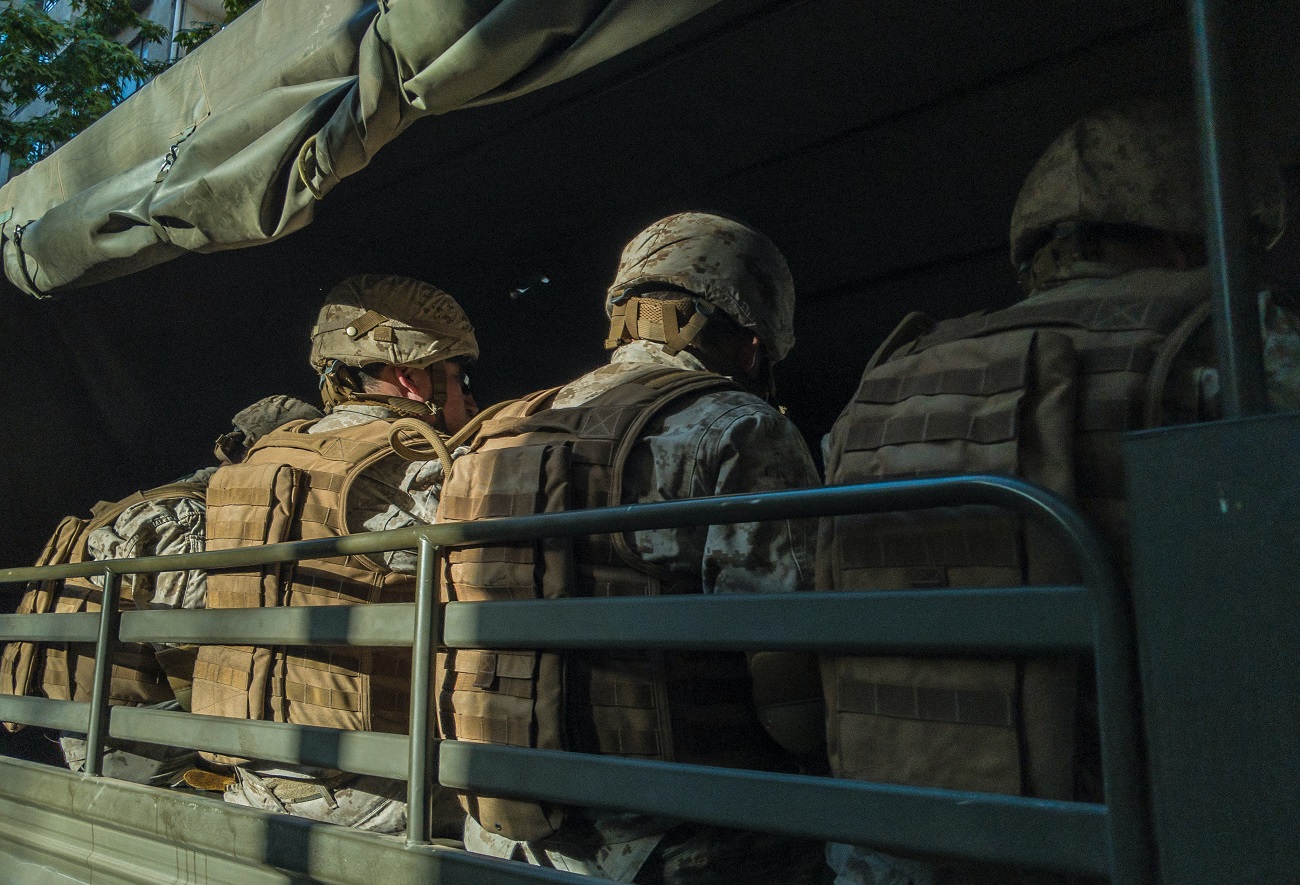When it comes to a life-threatening situation, seconds can make a crucial difference. As a member of the military or law enforcement, you need to stay prepared to handle such situations. One way to do this is by carrying an ifak kit. An Individual First Aid Kit (IFAK) is a simple kit that consists of essential medical items to treat injuries in emergencies. In this blog post, we will discuss the essential components that every IFAK kit should include.
Tourniquet – A tourniquet is a critical component of an IFAK kit. It is used to stop excessive bleeding caused by severe injuries. A tourniquet can be a lifesaver when applied within the first few minutes of an injury. It is therefore important to choose a good quality, reliable tourniquet. Two types of tourniquets are widely used by military and law enforcement personnel: Combat Application Tourniquet (CAT) and Soft Tourniquet.
Hemostatic Agents – Hemostatic agents are used to control bleeding caused by a severe injury. They are typically made up of natural or synthetic materials that help to form a clot. These agents can be applied directly to the wound and are useful in situations where a tourniquet is not appropriate. While using a hemostatic agent, it is crucial to apply pressure to the wound to distribute the agent and stop the bleeding.
Pressure Bandages – Pressure bandages are used to stop bleeding caused by non-life-threatening injuries. They are designed to apply pressure to the wound and stop the bleeding. A standard pressure dressing should consist of a sterile gauze pad and an elastic wrap or bandage. It is essential to make sure that your pressure bandage is sterile.
Chest Seals – Chest seals are an important component of an IFAK kit and are specifically designed to treat penetrating chest injuries. These injuries can be fatal and require immediate attention. Chest seals are designed to create an airtight seal over the wound and prevent air from entering the chest cavity. This is essential in preventing the lung from collapsing.
Airway Management – An airway management device is a crucial component of an IFAK kit. It is used to maintain a patient’s airway and prevent airway obstruction. The two most common airway management devices are the Nasopharyngeal Airway (NPA) and the Oropharyngeal Airway (OPA). It is important to consider the size of the airway management device when choosing an IFAK kit as sizes vary depending on a person’s age and physical build.
An IFAK kit can be a lifesaver in emergencies. The essential components of an IFAK kit should always include a tourniquet, hemostatic agents, pressure bandages, chest seals, and airway management devices. It is essential to make sure the items are of good quality, reliable, and sterile. Whether you are serving in the military or working in law enforcement, it is crucial to stay prepared to handle life-threatening situations. The inclusion of an IFAK kit in your gear can give you the confidence to handle such situations with the required urgency and precision.
For more great articles, click here.

